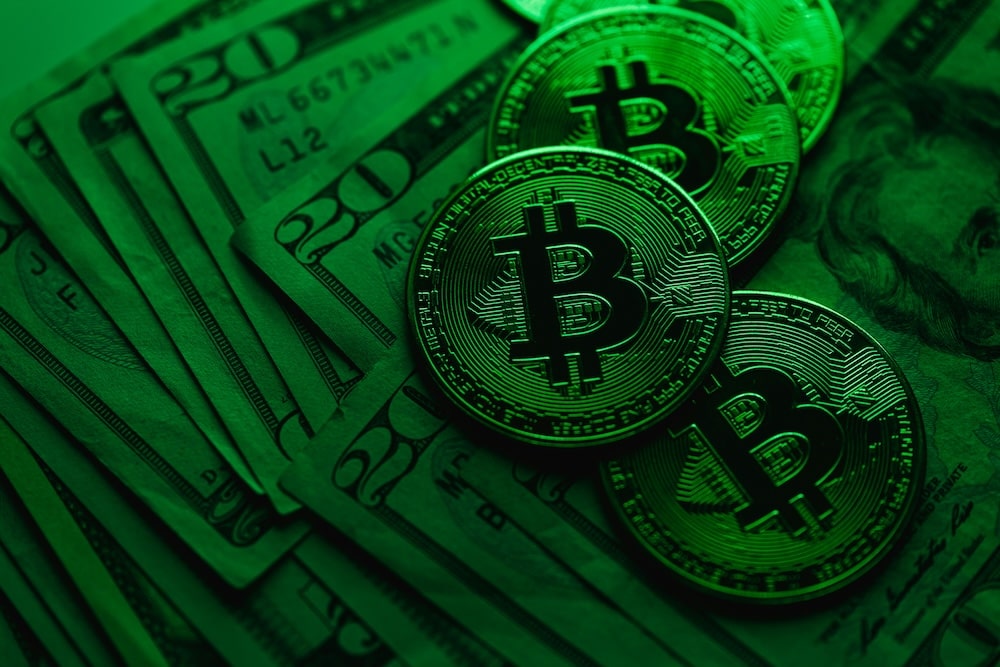Metaplanet, the Asian MicroStrategy, has announced its additional acquisition of an additional 23.9 bitcoin (BTC) worth over $1.4 million via option sale. This was executed at an average purchase price of ¥8.95 million (about $60,947) per BTC.
Bitcoin Acquired with Options Sale
Metaplanet made a transaction deal with QCP Capital, a Singapore-based digital asset trading firm. It sold put options for 233 Bitcoins, with a strike price of $62,000. This means Metaplanet promises to buy those Bitcoins at $62,000 if the price is below that level by the maturity date, which is December 27, 2024.
In return for this promise, QCP Capital paid Metaplanet 23.97 BTC. This payment is like an insurance fee. If Bitcoin’s price stays above $62,000, the options expire worthless, and Metaplanet keeps the Bitcoins.
This strategy helps Metaplanet manage risk and generate income. The firm gets paid to potentially buy Bitcoin. It’s a unique approach to acquiring Bitcoin, combining traditional finance techniques with crypto investing.
The transaction agreement also includes a margin collateral of $13.826 million. This serves as a security deposit to cover potential losses if Metaplanet is obligated to buy the 233 BTC at $62,000. This amount ensures QCP Capital is protected in case Metaplanet defaults.
The margin collateral for the put options transaction was sourced from the proceeds of Metaplanet’s eleventh stock acquisition rights exercise, ensuring the company’s ability to meet the contract obligations.
Japan Gains Crypto Exposure
As one of Japan’s few publicly traded companies to embrace crypto, Metaplanet is charting a new course, achieving notable success and positioning itself as a model for other institutions to enter the growing crypto market.
Aptos Labs, the Aptos Foundation’s innovation arm, recently announced its interest in the Japanese crypto market. By partnering with HashPalette, the firm plans to connect with prominent Japanese businesses and gain access to key players in the market.
Meanwhile, Japan’s crypto history has been marred by two massive exchange hacks, despite being an early adopter among retail investors. This has reduced investor confidence in the country and has prompted regulators to intervene earlier than in other countries.
Find Cryptocurrencies to Watch and Read Crypto News on the Go Follow CryptosToWatch on X (Twitter) Now

